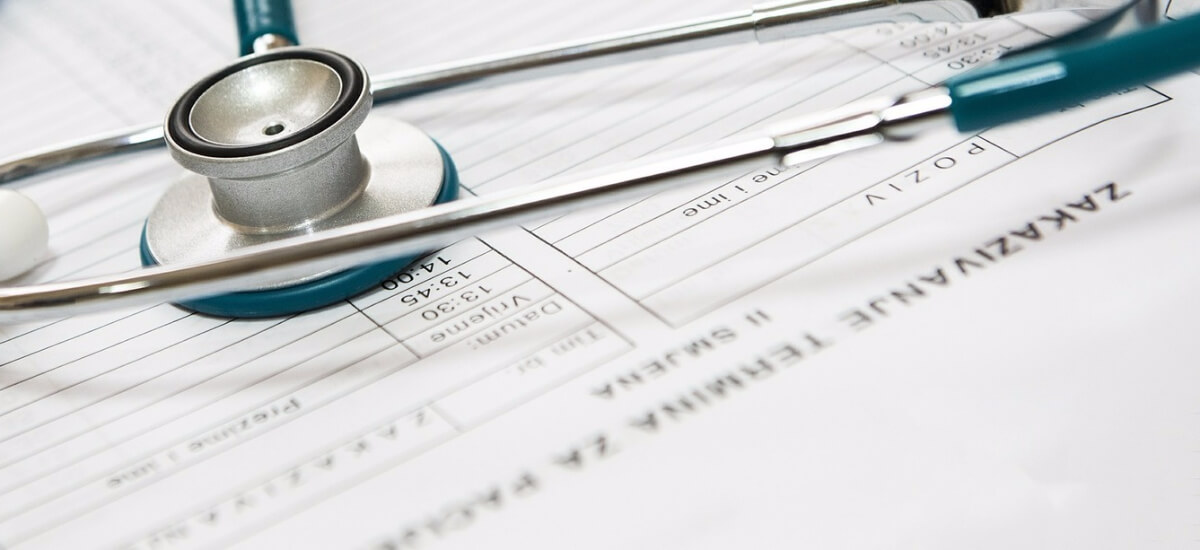Social Media in Health Care: The Benefits, Challenges, and Opportunities. From Tweets to Facebook posts, health care authorities and practitioners are increasingly turning to social media to promote awareness, encourage patient engagement, and increase the spread of accurate health messaging. And while most patients continue to prefer face-to-face interaction with their health care providers, online health resources, including social, are now an extremely important supplementary tools in their health journey. The benefits of using social media in health care Social media offers health care organizations and practitioners many benefits. Consider, as an example, the 2016 Zika outbreak. To the former, the CDC regularly hosted Twitter chats with Zika experts aimed at connecting the general public with accurate Zika facts related to its status, prevention and transmission. Learn about what to pack here: https://t.co/gBbzxnEZXw pic.twitter.com/SuOy2mNLOp — CDC (@CDCgov) December 21, 2016 In response, the CDC has continued to utilize social media to frequently drive home the importance of Zika prevention practices. Health care providers who want to elevate their brand authority amongst patients need to go where their patients are—on social media. Several key attributes make social media particularly useful to health care brands: listening and monitoring, engagement, and content dissemination. Practitioners like Boston-based Dr. Kevin Pho actively engages in Twitter to connect with patients.

In recent years, the use of social media in health care has skyrocketed. From Tweets to Facebook posts, health care authorities and practitioners are increasingly turning to social media to promote awareness, encourage patient engagement, and increase the spread of accurate health messaging. And they’re doing so while remaining fully compliant with regulators.
According to the Pew Institute, the growing popularity of social media in health care can be attributed to two key factors:
- The widespread use of social media tools
- The growing desire for patients, particularly those afflicted by chronic illness, to connect with each other
Coupled with other online resources, social media now largely impacts the way people interact with information—including health-related content. And while most patients continue to prefer face-to-face interaction with their health care providers, online health resources, including social, are now an extremely important supplementary tools in their health journey.
In this post we’ll look at several key ways health care can benefit from social media. We’ll also take a look at some of the challenges related to social media in health care and offer several solutions to mitigate those risks.
The benefits of using social media in health care
Social media offers health care organizations and practitioners many benefits. In this section we’ll look at three of the top situations where social can be especially helpful to the industry: during a crisis, to help build brand authority, and to raise awareness for a particular cause.
Benefit 1: communicating during a crisis
During a public health crisis, social media is proving particularly beneficial at helping to inform and protect thanks to the instantaneous and wide-reaching ability of the tool.
Consider, as an example, the 2016 Zika outbreak. Originating in Central and South Americas and the Caribbean, the latest outbreak of the mosquito-transmitted virus quickly gained notoriety for is particularly devastating effects on babies in utero. Untreatable and highly-transmittable, Zika presented enormous challenges to health care providers desperate to minimize its spread.
Largely unknown to health care practitioners outside of the virus’ epicenter, Zika posed several unique challenges to the industry, including:
- Building awareness and transmission prevention knowledge amongst frontline health care practitioners.
- Disseminating prevention information to civilians (including remote and rural dwellers) and at-risk travelers.
- Minimizing the spread of misinformation related to treatment, risk zones, and prevention.
To tackle these challenges, major health care authorities, such as the Center for Disease Control (CDC), turned to social media. From the initial outbreak through to their ongoing response in the months that followed, the CDC used social media to rapidly disseminate accurate health information to both the health care community and the public in general.
Initial outbreak: crisis communication
Quickly after the outbreak in early 2016 the CDC began issuing public health notices about Zika on both their Twitter and Facebook feeds—providing information on its symptoms, transmission, localization, and prevention techniques.
Pregnant? Avoid travel to areas with known Zika transmission: https://t.co/fxv9gukaZn pic.twitter.com/OzIZws5E4R
During this initial response phase, the focus of their efforts were two-fold: to minimize the spread of misinformation and to contain the spread of the virus itself. To the former, the CDC regularly hosted Twitter chats with Zika experts aimed at connecting the general public with accurate Zika facts related to its status, prevention and transmission. To minimize the spread of the virus, the CDC heavily posted updates advising against travel to Zika-affected areas.
Questions about #Zika? @DrFriedenCDC & other experts answer your questions live. Join #CDCchat Friday, 2/12 11AM ET. pic.twitter.com/nXB1FgmkL3
Ongoing response: building awareness amongst practitioners
While not a new virus, Zika was largely unknown by many health care practitioners at the time of the 2016 epidemic. To increase understanding and prevention awareness, the CDC employed social to promote their Zika Training Resources to practitioners.
Community leaders: Build your own Zika Prevention Kit with these supplies: https://t.co/Wh7RUr7Wi9. #FightZika pic.twitter.com/YXgl9Qknlk
Other physician targeted awareness tactics, such as regular twitter chats with Zika experts, also helped the CDC arm frontline health care providers with critical preventative information.
Locate training and resources on #Zika at the #CDCLearning Connection. https://t.co/7zBnhvJUVe @IDSAinfo pic.twitter.com/mL7LbV41gp
— CDC (@CDCgov) September 26, 2016
Physicians, such as Texas-based OB/GYN Dr. Danielle Jones, have applauded social media for…

COMMENTS